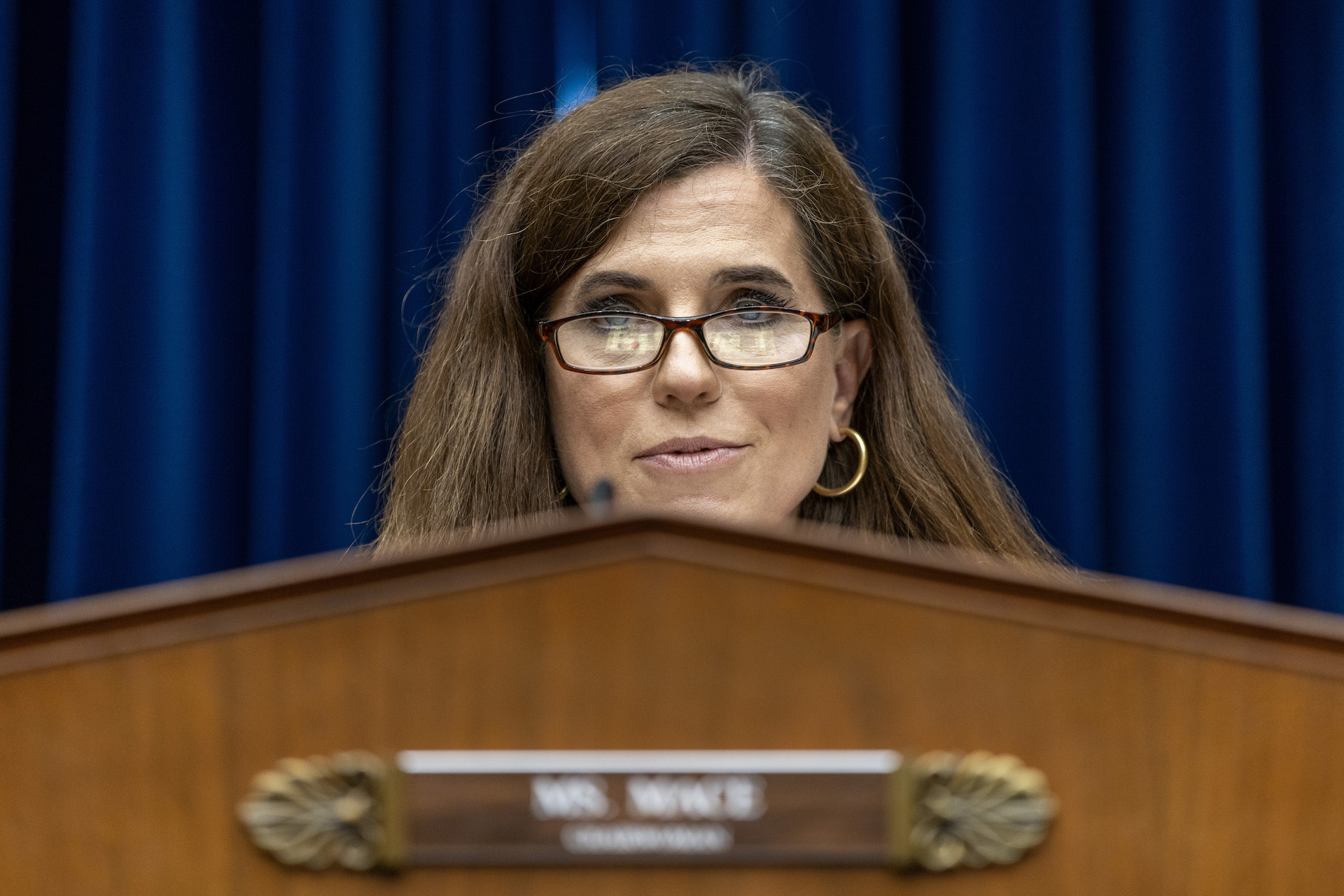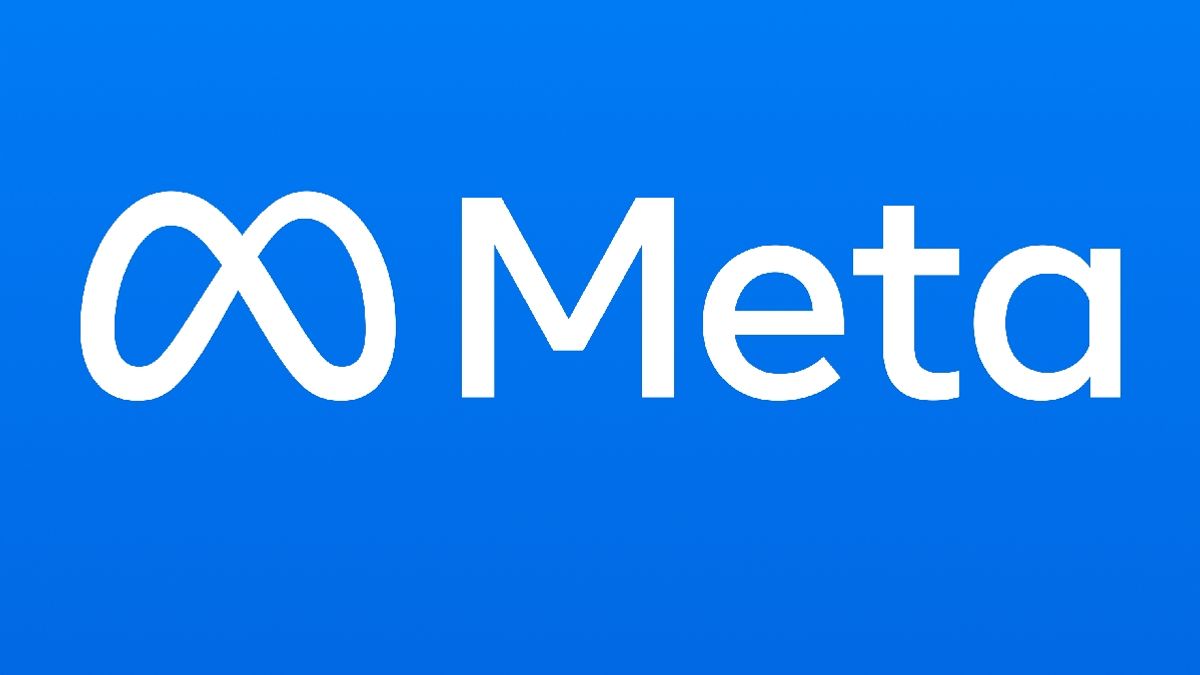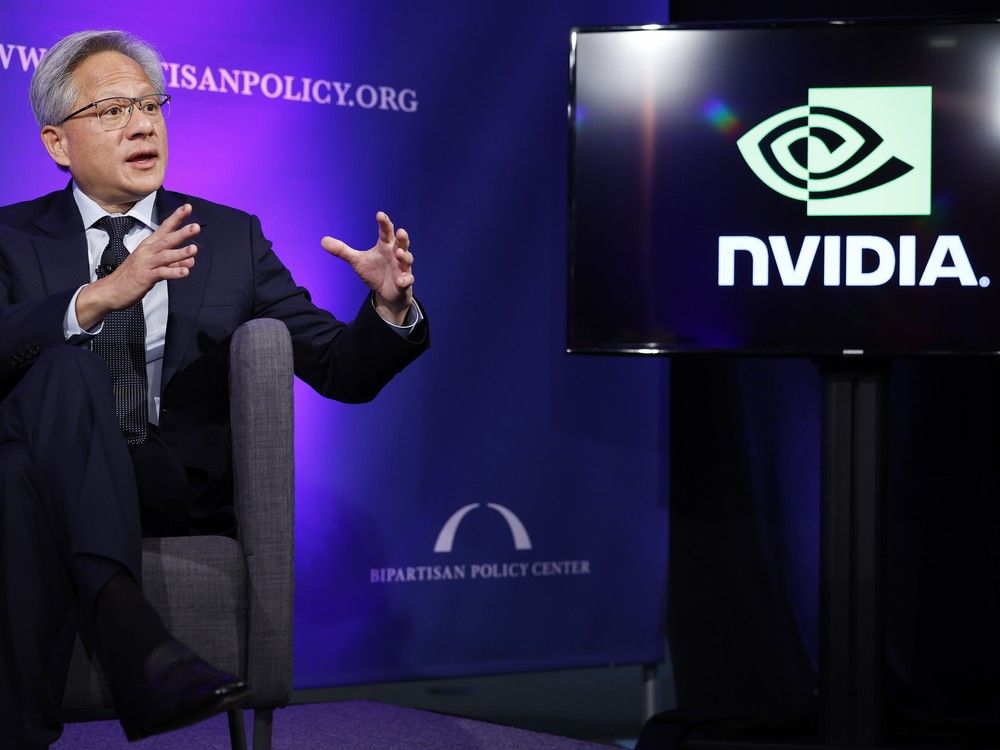Could Blockchain Revolutionise Veteran Care? Rep. Mace's Bill Seeks to Modernise the VA

In a move that could significantly reshape how the Department of Veterans Affairs (VA) operates, Congresswoman Nancy Mace (R-SC) has reintroduced the Veterans Affairs Distributed Ledger Innovation Act. This bill aims to explore the potential of distributed ledger technology (DLT), more commonly known as blockchain, to modernise the VA's systems and improve the services offered to our nation's veterans.
For years, the VA has faced challenges with outdated infrastructure, bureaucratic inefficiencies, and difficulties in securely managing veteran data. These issues can lead to delays in accessing benefits, frustration for veterans, and increased administrative costs. Mace believes that blockchain technology offers a promising solution to address these longstanding problems.
What's the Bill About?
The Veterans Affairs Distributed Ledger Innovation Act doesn't mandate a full-scale implementation of blockchain. Instead, it directs the VA to conduct a comprehensive study into how DLT can be used to enhance various aspects of its operations. Specifically, the study would focus on:
- Data Security: Exploring how blockchain's inherent security features can protect sensitive veteran information from cyber threats and unauthorised access.
- Benefits Administration: Investigating the use of blockchain to streamline the process of verifying eligibility and distributing benefits, reducing delays and errors.
- Healthcare Records: Examining the feasibility of using blockchain to create a secure and interoperable system for managing veteran healthcare records, allowing for better coordination of care.
- Supply Chain Management: Assessing how blockchain can improve the efficiency and transparency of the VA's supply chain, ensuring that veterans receive the necessary medical supplies and equipment in a timely manner.
Why Blockchain for the VA?
Blockchain technology offers several key advantages that make it particularly well-suited for addressing the VA's challenges:
- Enhanced Security: Blockchain's decentralized and immutable nature makes it extremely difficult to tamper with data, significantly reducing the risk of fraud and cyberattacks.
- Increased Transparency: All transactions on a blockchain are recorded publicly (though data can be encrypted), providing a clear audit trail and promoting accountability.
- Improved Efficiency: By automating processes and eliminating intermediaries, blockchain can streamline operations and reduce administrative costs.
- Better Data Management: Blockchain can create a single, shared source of truth for veteran data, eliminating data silos and improving data accuracy.
The Path Forward
While the bill doesn't guarantee the immediate adoption of blockchain technology, it represents a crucial first step towards exploring its potential. The study mandated by the bill will provide valuable insights into the feasibility and benefits of using DLT within the VA. Congresswoman Mace has stated that her goal is to ensure that veterans receive the best possible care and support, and she believes that blockchain technology can play a significant role in achieving that goal.
The bill is currently awaiting consideration by the relevant committees in Congress. Veterans advocacy groups and technology experts are closely watching the progress of the legislation, hoping that it will pave the way for a more modern, efficient, and secure VA system.






